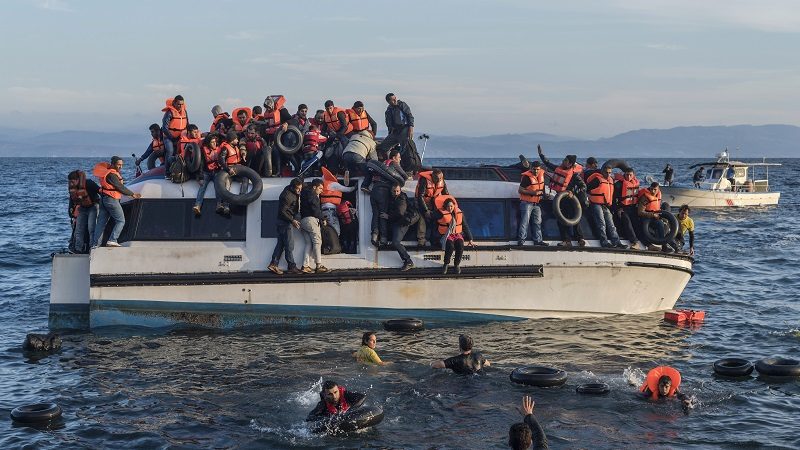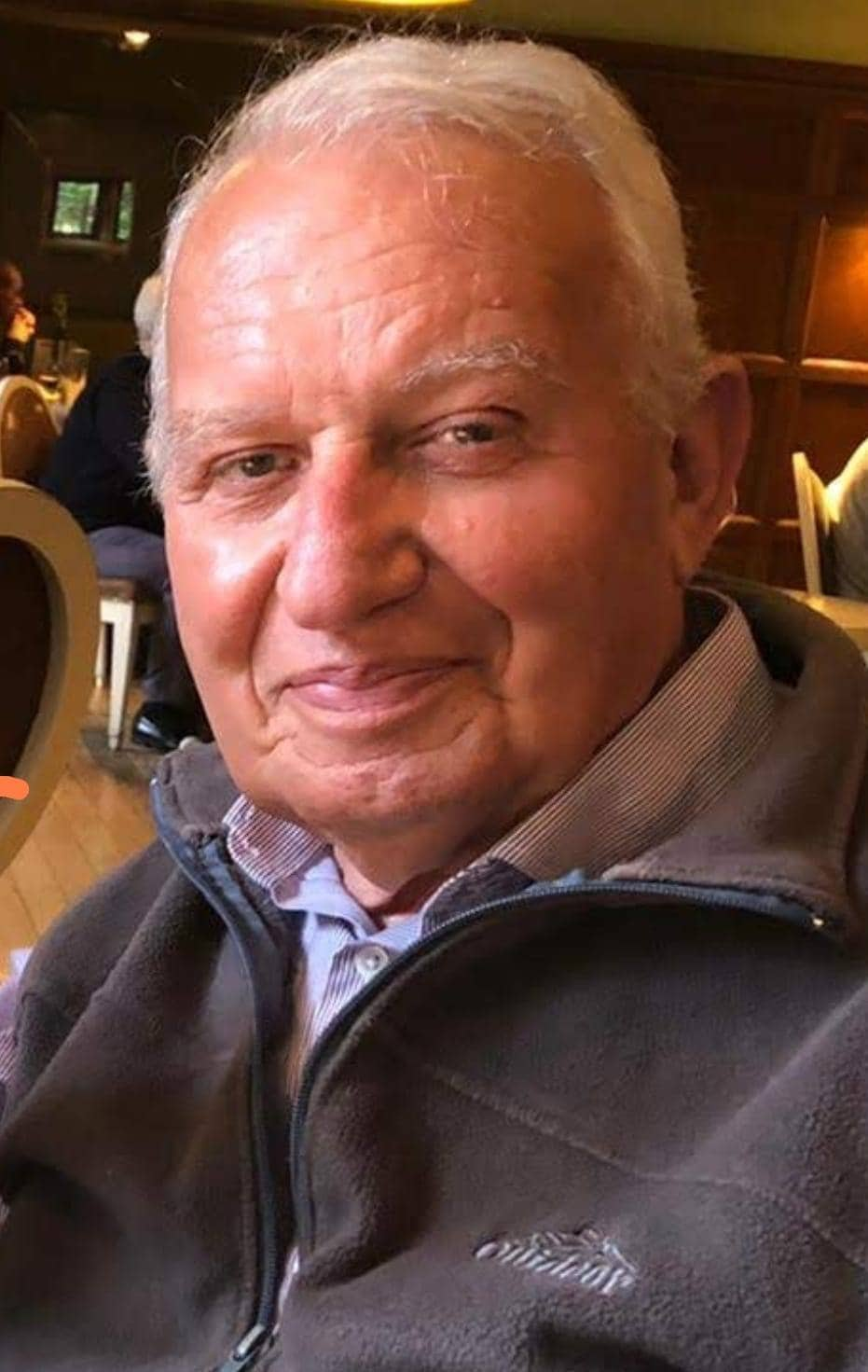The recent refusal of the Italian government to allow a nongovernmental rescue ship to dock reflects that country’s new hardline approach and willingness to flout its international obligations but also the breakdown in regional cooperation and solidarity, Human Rights Watch (HRW) said in a report released today ahead of a meeting of EU heads of state next week.
The incident between the Italian and Maltese governments illustrated starkly the need for predictable and fair systems for sharing responsibility, not only for rescue at sea and landing at a port but also for legal processing of arriving migrants and asylum seekers, the human rights organisation said.
The report, “Toward an Effective and Principled EU Migration Policy: Recommendations for Reform,” contains concrete recommendations to ensure EU global leadership on refugee protection, uphold the right to asylum, and more equitably share responsibility among EU member states.
“EU governments only seem able to agree on outsourcing responsibility and insourcing misery,” said Judith Sunderland, HRW associate Europe and Central Asia director. “Heads of state should take the opportunity of the summit to endorse rights-based migration policies that are both more humane and more efficient.”
EU heads of state will meet in Brussels on June 28-29 to discuss migration and asylum policy.
HRW policy recommendations are intended to safeguard the rights of all migrants while allowing EU governments to control their borders.
HRW provides a prescription for a fundamental reset in migration policy at a time when the EU is deflecting responsibility away from its borders. “The EU is making it harder to seek asylum in Europe, creating a hostile environment for migrants and asylum seekers, and threatening the integrity of the international refugee system”, Human Rights Watch said.
An effective and principled approach to migration should be grounded in respect for human rights and the right to asylum.
Yet negotiations to reform the Dublin system, which assigns responsibility for processing asylum claims, are stalled, with many proposals likely to increase the current pressure on front-line EU countries rather than to distribute responsibility more equitably.
Numerous EU countries have already adopted or proposed domestic legal or policy changes that limit the rights of asylum seekers and refugees to appeal decisions and to be reunited with their families and that limit assistance. At the same time, EU countries have intensified efforts to prevent arrivals and deter asylum claims, with far-reaching disregard for their significant human rights consequences.
HRW said the 2016 EU-Turkey deal has led to a policy of containing thousands of asylum seekers in inadequate conditions on Greek islands, without noteworthy improvements in protection for refugees in Turkey or significant resettlement to EU countries.
Cooperation with Libyan authorities, and particularly the Libyan coast guard forces, may be nurturing a cycle of violence and detention despite simultaneous efforts to evacuate vulnerable refugees to Niger for resettlement elsewhere and to repatriate migrants not needing protection from Libya to their countries of origin.
At the Council Summit, EU leaders should focus on strategies to minimise dangerous migration journeys while respecting the right to leave any country and acknowledging the myriad drivers of migration, including violence and persecution.
“Efforts to save lives at sea and on land should be a priority, and the EU should expand safe and orderly channels such as refugee resettlement and legal channels for employment and study, while pursuing the safe return of irregular migrants in ways that respect their human rights,” the organisation said.
Recommendations:
EU governments should invest diplomatic and economic capital in ways that help tackle the abuses that drive migration and that improve protection in regions of origin. The improvements in countries of origin should be based on solutions that would promote human rights, protect refugees, and foster effective development.
Preserving the EU as a protection space for those in need requires forward-looking reform of the Dublin system that distributes responsibility more equitably and provides an incentive to asylum seekers to stick to the constraints of the system, as well as efficient and fair asylum procedures in all EU countries. The use of safe country provisions to reject asylum seekers should be limited and subject to stringent safeguards to prevent what could be unsafe returns.
As EU countries work to increase repatriation of rejected asylum seekers and migrants who are not allowed to remain, the countries should ensure that their procedures are fair, with strong human rights provisions included in readmission agreements, and any detention pending deportation limited to the shortest time necessary.
As a rule, children should not be detained. The EU should offer incentives, rather than threats, to countries of origin to cooperate on returns of their own nationals in the form of more visas for students and workers at all skill levels.
“The divisive political debate in Europe should not obscure the fact that a principled approach could both uphold human rights and manage migration,” Sunderland said. “EU leaders should to show genuine leadership and stand up for their shared values and commitments.”














